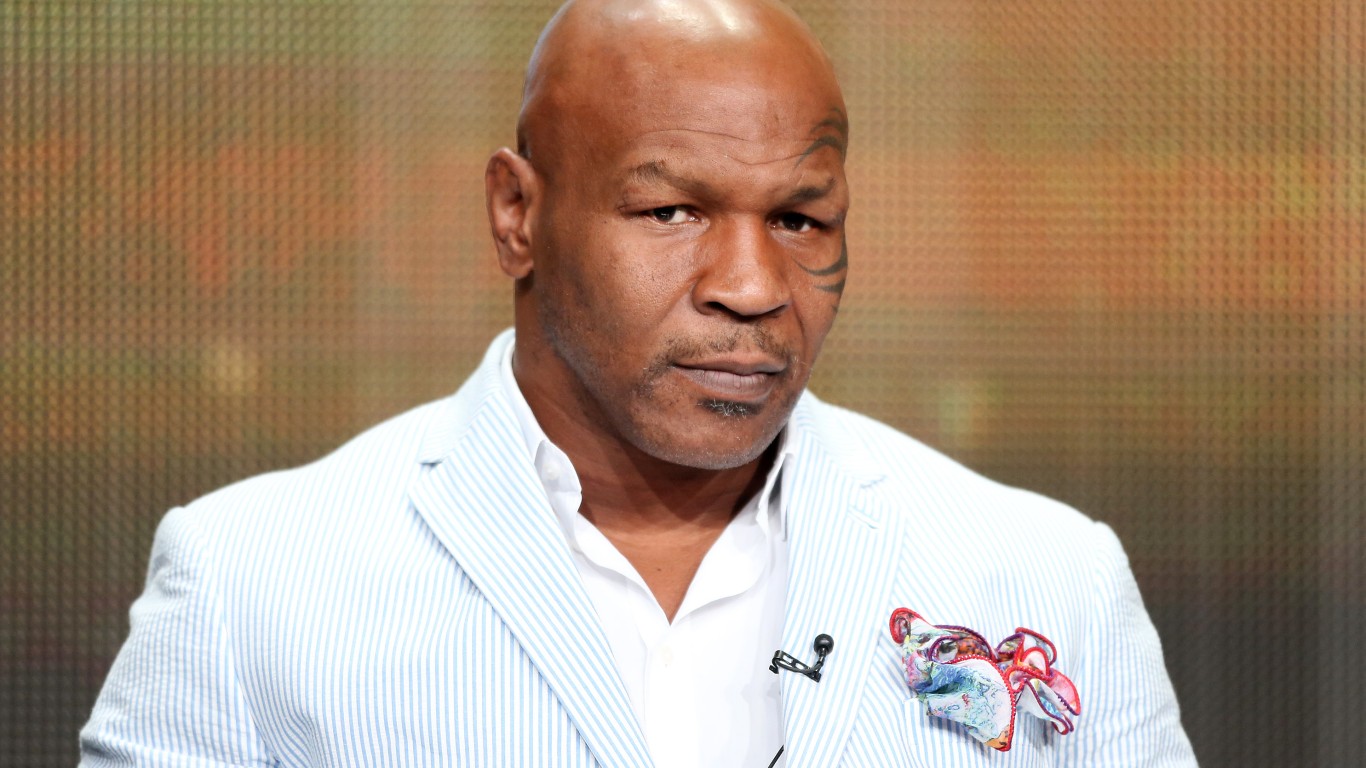
The tack the company has chosen to boost its revenues is to raise the rental price of videos from its Redbox kiosks. The company announced Monday morning that it will raise its daily rental rate for DVDs from $1.20 to $1.50 and its rental fee for Blu-ray rentals from $1.50 to $2.00 beginning December 2nd. Beginning January 6th the company will raise its daily video game rental fee from $2.00 to $3.00.
The shutdown of the Redbox Instant joint venture was likely due to disappointing subscriber numbers, although Outerwall and Verizon only said the decision was taken due to business reasons. The companies did not refer to a subscriber total, but it was certainly small — otherwise why would they have killed it?
Do today’s price increases bode well for Netflix Inc. (NASDAQ: NFLX) or the Amazon Prime Instant service from Amazon.com Inc. (NASDAQ: AMZN)? It might help revenues move up a tick or so, but it’s difficult to see how it will add more subscribers to the streaming video service of either Netflix or Amazon. And to prove a point, Netflix shares were not up on the news at the time of publishing.
Redbox has over 40,000 kiosks in place across the U.S. and in the last quarter the rental business declined by nearly 14% year-over-year to about 172.2 million rentals. Same-store sales fell nearly 12%. The price increase, though a relative steep 25% for a DVD rental, is not likely to deter Redbox users or send them into the arms of Netflix or Amazon Prime. If Redbox kiosk users wanted to subscribe to Netflix or Amazon Prime they probably would have done so by now. Again, Netflix shares were just not signaling any crucial victory on the news.
ALSO READ: 4 Analyst Biotech Stocks With Up To 200% Upside
However many subscribers Redbox Instant claimed was not enough to keep the business viable and if all switched to Netflix it probably wouldn’t help the company increase its U.S. subscriber base much beyond the 37.2 million the company reported at the end of the third quarter. Netflix expects to sign up 4 million new subscribers in the fourth quarter.
For Netflix to thrive, the company needs to add subscribers constantly. It is looking to grow internationally, and according to analysts at Nomura, by 2017 the company should have 90 million global subscribers including 53 million in the U.S. Netflix added fewer than 1 million new U.S. subscribers in the third quarter and fewer than 2 million globally.
It seems as though Netflix is not going to get a significant boost to revenues or subscribers from any of Outerwall’s troubles. The streaming video leader will have to fix its subscriber troubles on its own. While the company’s recent price hike may cause some subscribers to bolt, Netflix now has more competition every day from cable and broadcast networks that are announcing new streaming options that will hurt the company far more than Outerwall ever will.
Outerwall’s stock traded up more than 8% in the first hour of trading on Monday at a high of $68.80 in a 52-week range of $51.17 to $74.30.
Netflix shares were up about 0.3% at $361.35 earlier in the morning on Monday, but then shares had slid to being down by 0.6% at $358.10. Its 52-week range is $299.50 to $489.29.
ALSO READ: Why Everyone Started Loving Intel (Or Will in 2015)
Is Your Money Earning the Best Possible Rate? (Sponsor)
Let’s face it: If your money is just sitting in a checking account, you’re losing value every single day. With most checking accounts offering little to no interest, the cash you worked so hard to save is gradually being eroded by inflation.
However, by moving that money into a high-yield savings account, you can put your cash to work, growing steadily with little to no effort on your part. In just a few clicks, you can set up a high-yield savings account and start earning interest immediately.
There are plenty of reputable banks and online platforms that offer competitive rates, and many of them come with zero fees and no minimum balance requirements. Click here to see if you’re earning the best possible rate on your money!
Thank you for reading! Have some feedback for us?
Contact the 24/7 Wall St. editorial team.
